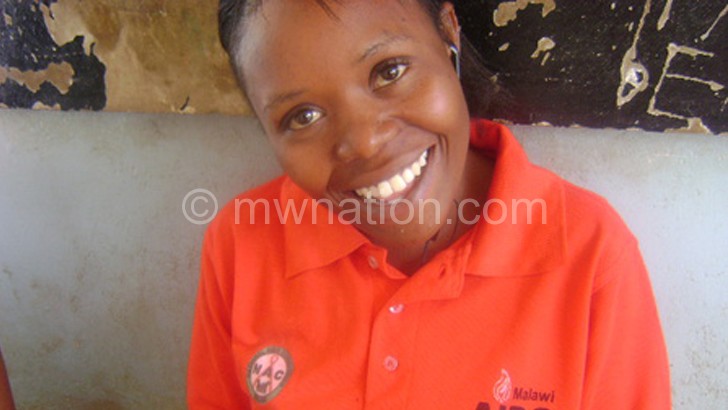Caroline Mungomo, in her late 20s, is an example of birth attendants who defy the odds to provide the best services possible amid lack of tools.
Mungomo, who was in-charge of Chonde Community Hospital in Mulanje until recently when she went for further studies, helped countless women deliver at the facility.
It did not come as a surprise, therefore, that beneficiary communities, including those from some parts of Luchenza in Thyolo, protested her departure because they suspected that she was being transferred to another station.

Group village head (GVH) Kapichi says there are still many births occurring in homes without the help of skilled health workers.
Kapichi explains that those who choose home deliveries in the absence of skilled professional attendants cite various reasons for shunning health facilities.
She explains: “Cultural and religious beliefs, long distances or difficult access to birth facility, costs of waiting at maternity of quality care are part of the reasons cited by those shunning health facilities.”
Kapichi, however, notes that the presence of a professional attendant at each birth can lead to a marked reduction in maternal mortality and morbidity.
Malawi Health Equity Network (Mehn) executive director, Martha Kwataine, says professional healthcare during childbirth is one of the indicators used to assess progress towards Sustainable Development Goals (SDGs) of improving maternal health.
Kwataine acknowledges that government and its cooperating partners have done a commendable job of encouraging women to deliver at health facilities.
“There are community health workers all over the country who make follow-up calls on pregnant women, encourage them to go for antenatal care and persuade them to deliver from hospitals,” says Kwataine.

She, however, emphasises the need for community involvement if mothers are to stay safe during childbirth.
Chrissy Tito, 34, of group village head (GVH) Davide in Traditional Authority (T/A) Makoko in Nsanje, says, although she lives over 18 kilometres away from Makoko Health Centre, she still goes for antenatal care during her pregnancy to ensure good health of her baby and herself.
Tito advises fellow women to always seek the advice of health workers.
“Once a woman finds out she is pregnant, she should always take the initiative to regularly consult a trained health worker throughout her nine months of pregnancy. This is critical for the good health of both the mother and baby,” she explains.
The centre was constructed about four years ago, but remains underutilised because the Ministry of Health has not assigned health workers to serve at the facility.
GVH Davide urges government to match its policy on safe motherhood and child health with provision of antenatal clinics within walking distances.
“Otherwise, the cost of transport to get to health centres will continue hindering people,” says the chief.
Davide states that some women who
initially recognised the benefits of the service in her area are being disappointed by perennial inadequate staff and lack of resources in health facilities.
He, therefore, implores authorities to equip all antenatal clinics with adequate medical equipment and human resource if the programme is to succeed.
“Otherwise, what will stop expectant women from reverting to traditional birth attendants who might be readily available?” he wonders.
Minister of Health Peter Kumpalume notes that despite government making strides in providing civic education on the importance of antenatal and postnatal care, long distances and shortage of staff remain major setbacks towards efforts to promote safe motherhood and child health in rural parts of the country.
Kumpalume says government also acknowledges that free antenatal care is not enough as expectant women have to meet the cost of transport to get to health centres.
The minister says it is for this reason that government has trained selected traditional birth attendants (TBAs) in modern delivery care.
“All this shows how committed government is towards achieving the reduction of maternal mortality ratio by three quarters as per the United Nations Millennium Development Goal [MDG] 5. In fact, government is in the middle of reviewing a policy on the distance patients or expectant mothers are supposed to walk before accessing their nearest health centres,” he explains.





